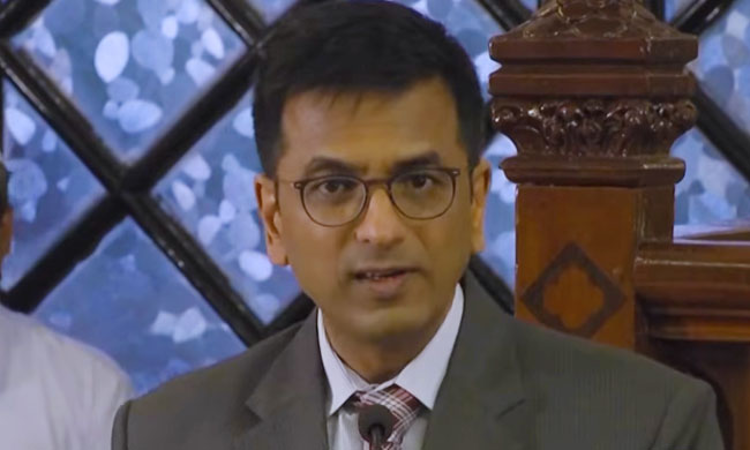Ground Reality Of Access To Legal Aid Services Shows A Collective Failure Of Legal Fraternity: Justice D Y Chandrachud
Mehal Jain
2 Oct 2021 5:22 PM IST

"This is an application for anticipatory bail for the legal profession to be given another chance to heal itself", he remarked.
Next Story


